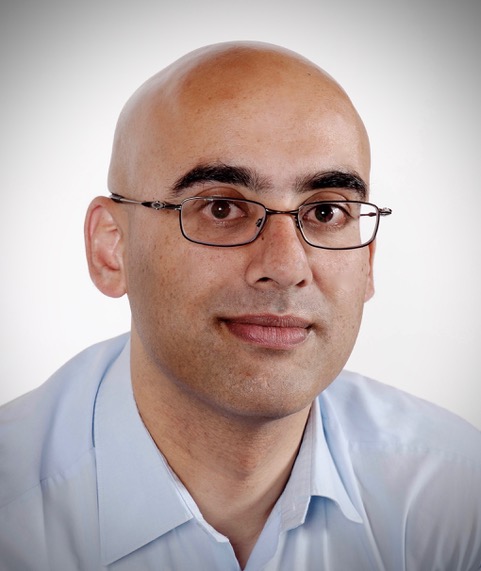Zoë Nengite awarded Principal’s Medal
Congratulations to Zoë Nengite who has been awarded The Principal’s Medal in recognition of outstanding academic achievement and exceptional activities within the University and the wider St Andrews community. The Medal is awarded to students who have both excellent academic accomplishments and those who have inspired and supported their peers and who have often undertaken … Zoë Nengite awarded Principal’s Medal
